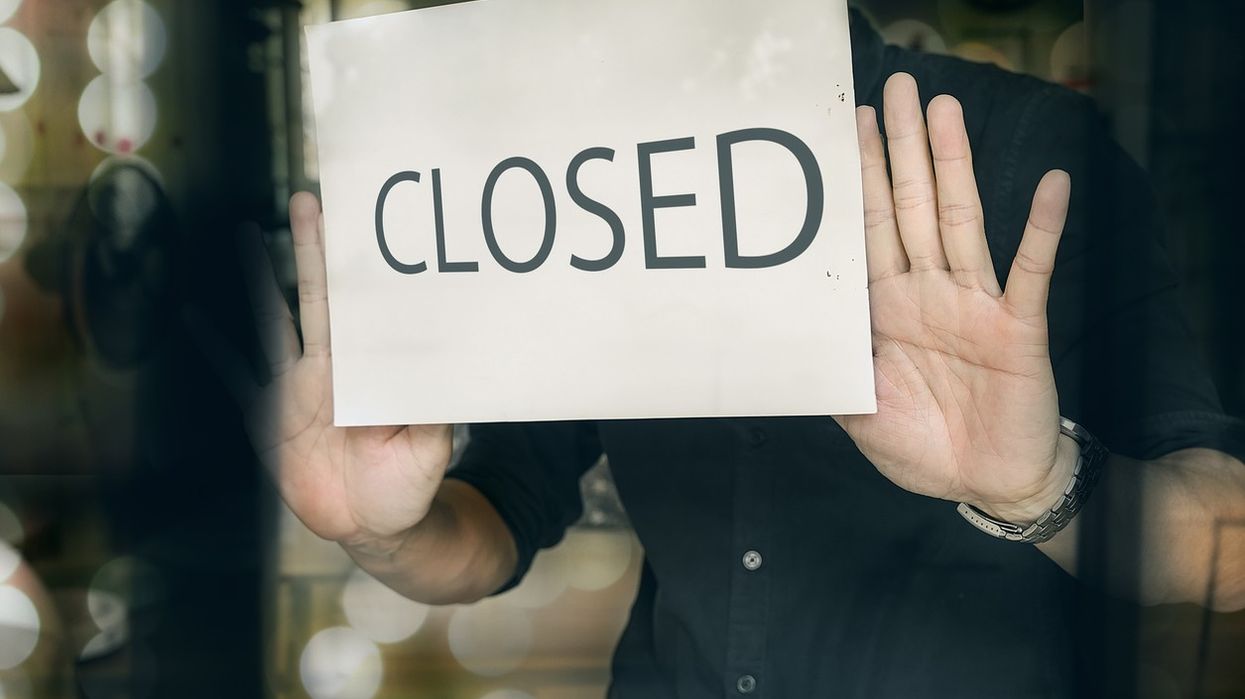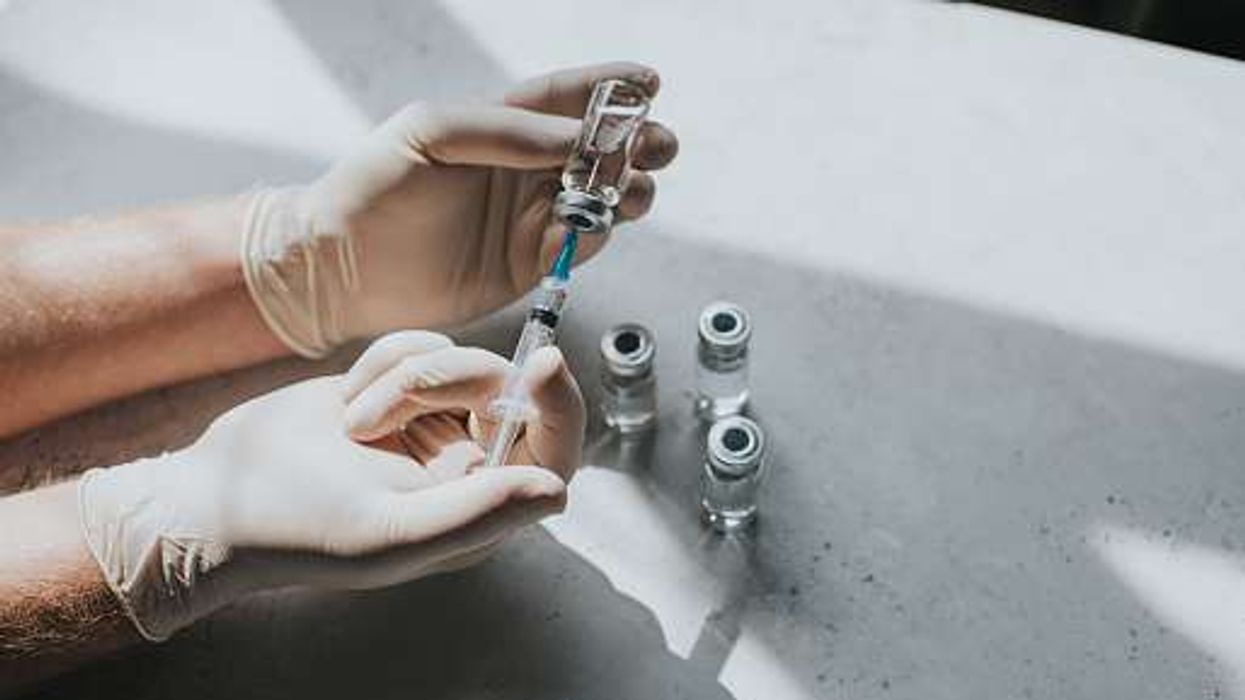The NHS has included the Covid-19 self-isolators to obtain necessary pharmacy services under Pandemic Delivery Service (PDS).
Effective from Tuesday (March 16), those who have been notified of the need to self-isolate by NHS Test and Trace will be able to seek support from community pharmacies under the PDS scheme, the NHS has said in its latest update to community pharmacy teams.
The initiative is part of a package of measures which the government is putting in place to support people to self-isolate effectively and reduce the spread of Covid-19.
Under PDS, the NHS has also announced an extension to the group of patients entitled to assistance with the delivery of prescriptions.
Additionally, following a request from PSNC, the Department of Health and Social Care (DH) has increased funding for the essential service responsibilities has been agreed to reflect the larger number of patients now covered by the service.
“All pharmacies, excluding distance selling pharmacies will be required to ensure those people who have been notified by NHS Test and Trace to self-isolate can receive their prescription medicines and appliances by home delivery during the ten-day self-isolation period, if they are unable to arrange for medicines to be picked up,” the Pharmaceutical Services Negotiating Committee (PSNC) said.
This service is only available to the people during their ten-day self-isolation period and who can provide their NHS Test and Trace Account ID when requesting the service.
This means people are provided a unique NHS Test and Trace Account ID, which is an eight-character mix of letters and numbers, when they are contacted by NHS Test and Trace.
“A record of the NHS Test and Trace Account ID reference number must be made and retained as part of the contractor’s delivery record. This service will be commissioned until June 30,” pharmacy negotiator said.
“This change to the service eligibility criteria has no impact on the existing eligibility of clinically extremely vulnerable patients to receive support with deliveries; support for this group of patients continues until March 31.”
Increased funding for the Essential service
The above changes to the service requirements will increase the number of people eligible to receive the service and the amount of workload that falls to pharmacy contractors to support them with getting their prescriptions delivered.
PSNC has discussed these increases in the number of patients covered by the PDS with the DH and has agreed increased funding for the essential service requirements.
“The increase to the daily payment is based on the current agreed funding, recalculated to reflect the growth in the number of people covered by the obligation to provide support with deliveries,” the pharmacy negotiator has said.
| Prescription items within the month | Original daily payment (paid in February 2021) | Daily payment – Clinically Extremely Vulnerable (CEV) patients only (1st-15th March 2021) | Daily payment – Self-isolating and CEV patients (16th-31st March 2021) |
| 0-100 | £0.00 | £0.00 | £0.00 |
| 101-2500 | £1.21 | £2.07 | £2.24 |
| 2501-5000 | £14.14 | £24.24 | £26.26 |
| 5001-12500 | £17.86 | £30.62 | £33.17 |
| 12501-19167 | £19.36 | £33.19 | £35.96 |
| 19168+ | £20.11 | £34.47 | £37.34 |
“The separate advanced service fee which can be claimed when a contractor delivers a prescription to an eligible patient remains unchanged,” the PSNC noted.











